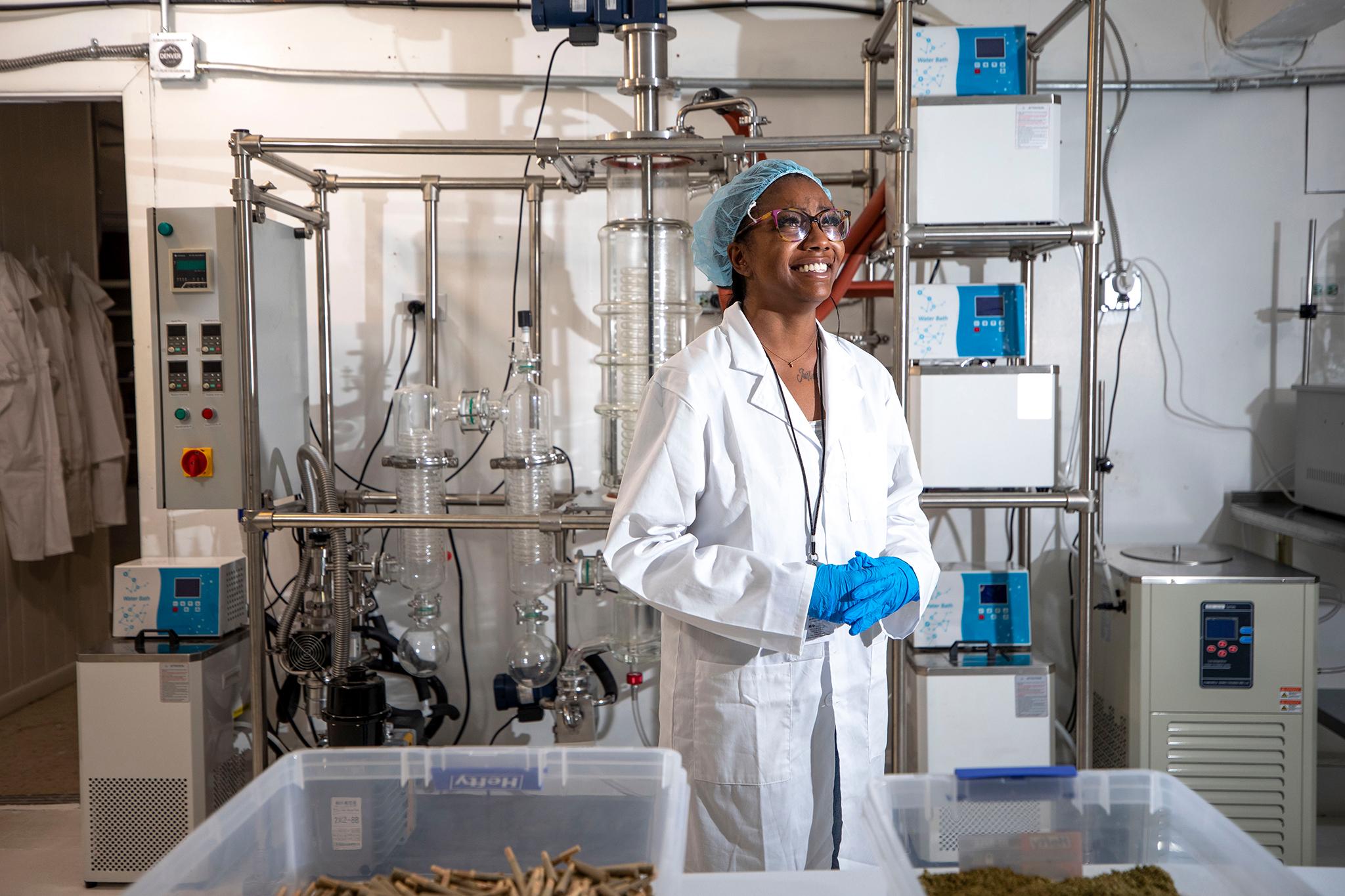Ashley Jenkins was, until recently, an ambulance driver for the V.A. Hospital. She would take patients to and from their appointments, chatting with them and making them feel as comfortable as possible.
Sometimes their main topic of discussion was medication. Jenkins said the vets would tell her on average they took about six pills a day. One pill for this pain, one pill to counteract this pill's side effects.
Pills, pills, pills.
Her suggestion was always, well have you tried marijuana?
The constant promotion of marijuana to her patients drove her to look into the medical marijuana infusion business, or its official name, manufacturing of marijuana infused products. She also had a mentor within her uncle Frederick Jenkins. Mr. Jenkins is also a vet who previously had a cultivation business in Pueblo.
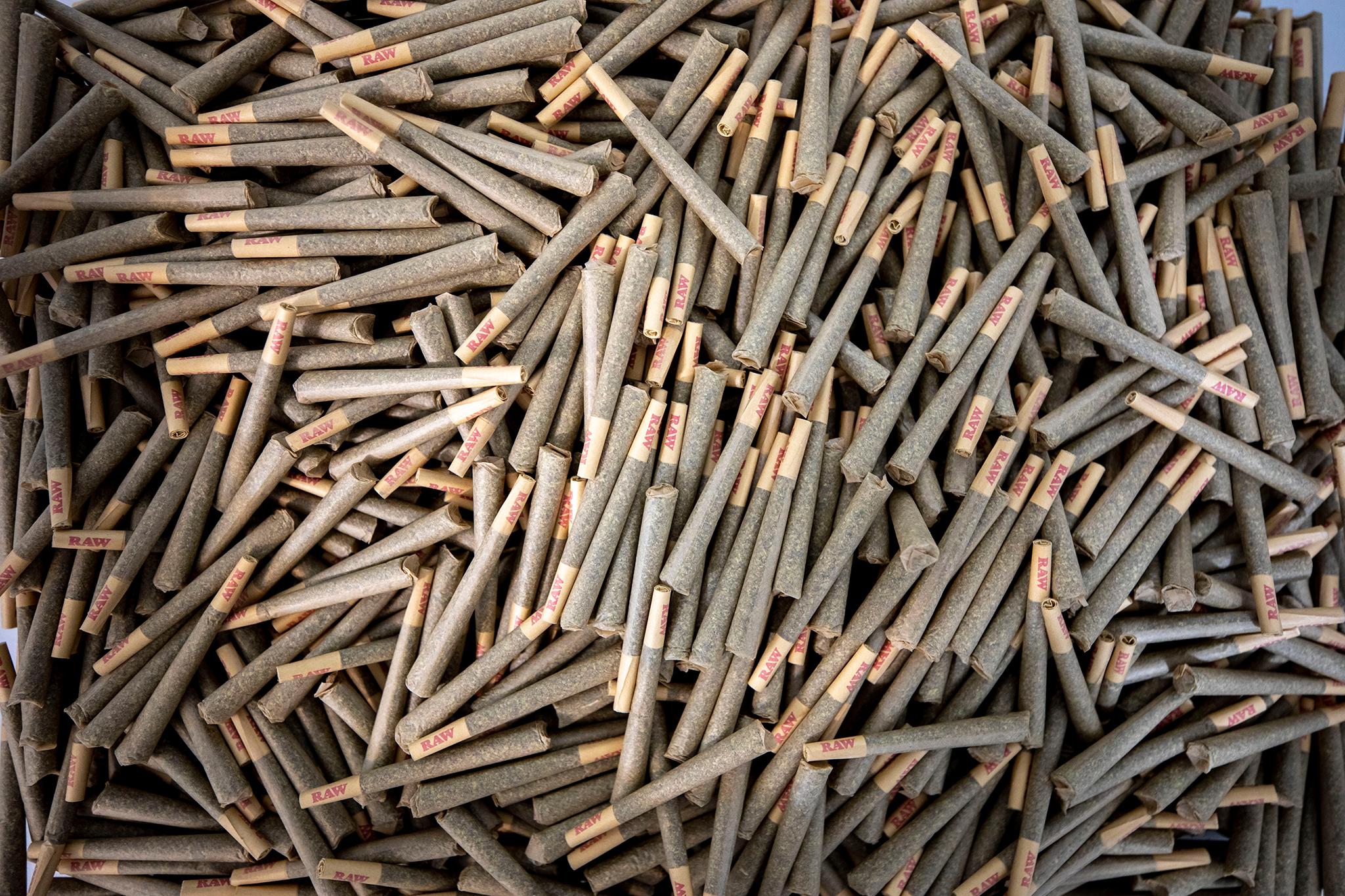
Jenkins said her uncle is constantly researching and exploring the marijuana landscape. So it was no surprise when he stumbled upon the city's new social equity program for marijuana licensing run by the city.
The program's goal is to make the marijuana industry more equitable by reserving all new licenses to folks who qualified for the program. Those qualifications include being arrested on a charge or having a record involving marijuana.
About 11 years ago, Jenkins was arrested for possessing two grams of marijuana. For context, two grams is about two jays. It was her first offense but Jenkins said she was potentially facing up to 22 years.
"They tried to ruin my life for two blunts," Jenkins said. "We knew it was bogus because at the end of the day I only did six months probation. I have girlfriends fighting the state right now because right before the bill passed, they got in trouble. It's not fair."
So Jenkins' uncle found out about the program, knew she would qualify and told her to apply immediately. She did.
Now, Jenkins is the first Black woman to have an MIP license with her company MT Growers.
"When the social equity program came out, I felt like it was targeted for me," Jenkins laughed. "I don't know what my uncle may have been doing that day but he stumbled upon it and said this is what we're doing. It's a great opportunity."

It's been a little over a year since Denver implemented its social equity program for marijuana licensing. ICYMI: Over the next five years, the city will reserve all new marijuana licenses for social equity applicants. In order to qualify, applicants must:
- Reside in a disproportionately impacted area of Colorado for at least 15 years between 1980 and 2010, or
- Have an arrest related to cannabis or a criminal record, or
- Have a household income in the prior year of application that did not exceed 50% of the state's median income.
The program was passed on April 20, 2021, along with a slew of other new rules for the multimillion dollar marijuana industry including weed delivery, on-site consumption and eliminating some caps on dispensary and cultivation locations.
According to Eric Escudero, the communications director for the Department of Excise and Licenses, the program is the city's way of finally making the marijuana landscape a more equitable place.
"When legalization occurred... there was no discussion about social equity," Escudero said. "The question was can a city successfully create a safe and regulated cannabis marketplace...so the focus of Denver at the time was to make sure these dire predictions didn't happen.
"The good news is those dire predictions didn't happen. The bad news was that we weren't talking about social equity. We weren't talking about making sure that those who were most disproportionately negatively impacted by prohibition could benefit from legalization."
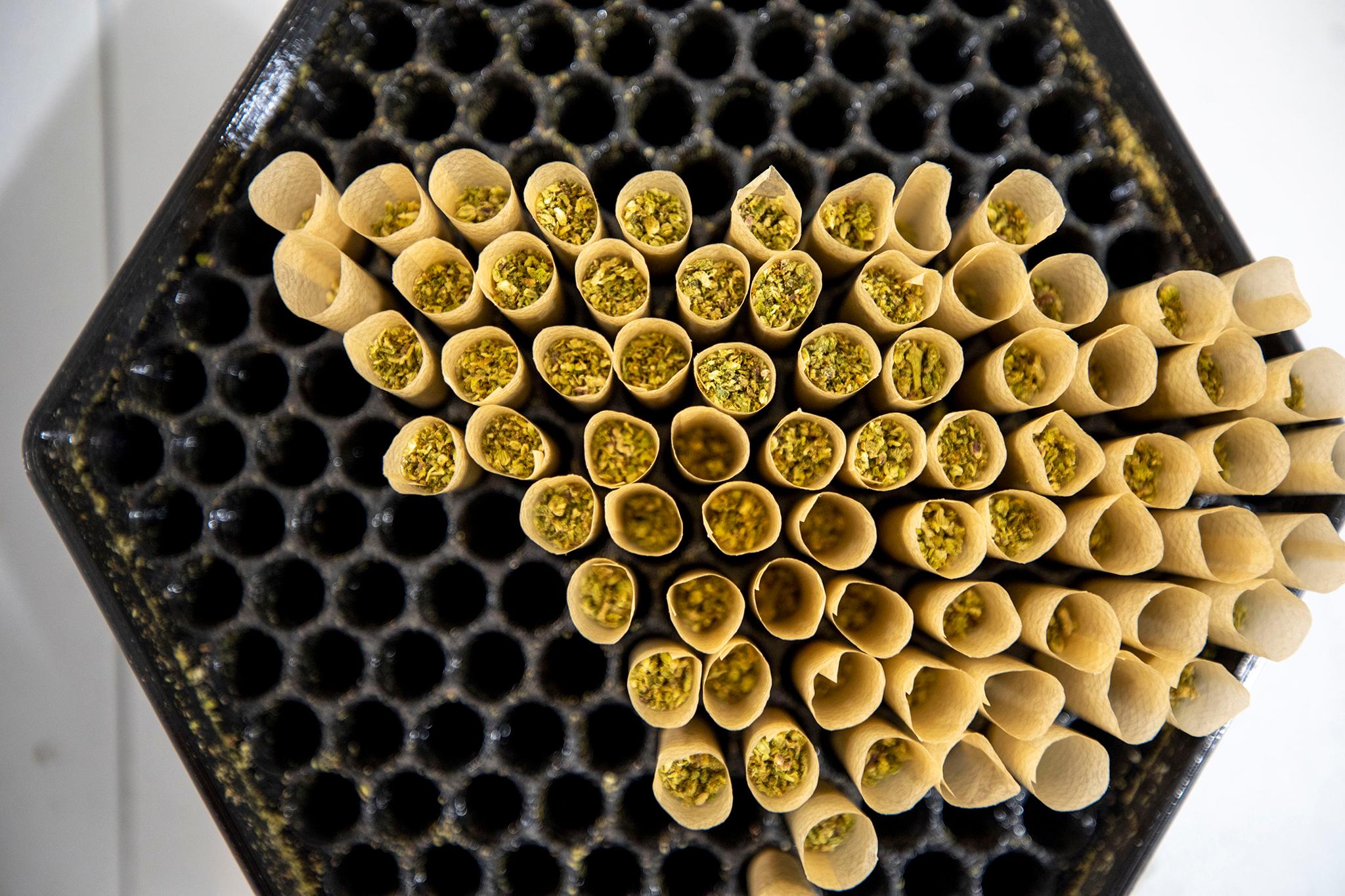
A study released by the city in 2020 showed 75% of owners are white, as compared with 68% of employees. About 13% of owners are Hispanic and 6% are Black. One could always argue population. According to the 2020 Census, 715,000 people live in Denver. About 10% of residents identify solely as Black or African-American compared to the 54.9% or so of people who identify as solely white.
But realistically, it comes down to a lack of equity, or equal opportunities across the board.
Other states are realizing that as well.
Escudero said once cannabis was legalized in California, social equity discussions began, particularly surrounding Black and brown people who were disproportionately arrested and charged with marijuana crimes. He also said now that it's been proven that legal marijuana doesn't cause an uptick in crime or usage amongst young people, other states don't have to worry about what Colorado did in the beginning. New York, for example, is the first state to offer its initial dispensary licenses solely to people with marijuana convictions.
"We finally have found a way to give people who are truly impacted by prohibition an advantage and that's through licensing exclusivity," Escudero said. "It's a way to secure a piece of the pie. We understand that we can't fix this overnight... We're proud of our successes but we're willing to recognize areas where we need to improve."

So far, 22 licenses have been approved with most approvals going toward marijuana delivery or transportation licenses. There are also 26 licenses pending, including hospitality licenses for Tetra Lounge and The Patterson Inn.
According to the Excise data, four licenses were denied, two were surrendered and two were withdrawn, including the proposed hospitality with sales business, Cloud 9 in Platt Park.
Jenkins received her license for manufacturing about two weeks ago, but the journey hasn't necessarily been easy.
For one, the problem most people face, especially Black and brown people, is a lack of capital. Since marijuana is still federally illegal, business owners cannot simply go to a bank and ask for a loan.
However, historically speaking, even if that wasn't the case Black and brown people are more likely to be denied a loan then their white counterparts.

The social equity program doesn't offer grant or loan money. But the state, through the new Cannabis Business Office, recently allowed social equity applicants to apply for a grant or a loan, financed by state marijuana tax revenue. According to Westword, the program had about $1 million allocated for grants and $2.5 million for low-interest micro-loans. So small businesses could get up to $25,000 and established businesses up to $50,000.
Jenkins didn't qualify for the grants.
"All of my funding to get this rolling has been from my uncle and family," Jenkins said. "There was no financial help at all. I was looking forward to [the grant] when they rolled out the program and we didn't get any. Because if we could get $25,000 out the door then at least we can have a little cushion room besides what was in our bank accounts."
Jenkins said she knew the marijuana business was expensive but didn't realize it could cost up to a million dollars to get it started.
"I would say that's the biggest downfall to the program," Jenkins said. "It's a great program but they're saying okay we're going to give you the same opportunity everyone else has but we're not going to help you at all."

Escudero noted that capital is an issue.
He said one of the ways the city is attempting to exacerbate the cost is through pushing the transportation licenses. While still not on the cheap side, transporting is relatively less expensive than opening a store or a cultivation site.
But the problem with transportation is that the dispensaries aren't on board with delivery.
According to the Excise Department, out of 208 dispensaries only 18 have delivery permits and only three stores consistently do more than 250 deliveries per month.
Escudero said under the current law, stores have to partner with a social equity transportation company until 2024, after which stores themselves can apply for the license.
Escudero believes there are two issues. One, stores may be waiting until they can apply for licenses themselves. Or, two, the fees associated with the licensing program are too high.

The department is proposing a new ordinance to change both of those factors. One, eliminate the sunset rule on the usage of social equity transporter. And, two, lower the fees.
Currently for stores, the application fee is $500 and the annual license fee is $2,000. Those would be slashed to $25 each. The fees for transporters would also be slashed, going from $2,000 annual fee to $25.
City Council will vote on this Monday Sept. 19th.
Jenkins and her uncle said they understood the city's desire to promote one of the cheaper entry points into the marijuana industry but they agreed that the city's efforts would be best spent on finding ways to fund the social equity applicants.
"You can't force dispensaries into that program," Mr. Jenkins said. "It's the cheaper side of it but you're not going to make much money doing that. Look at gas. It's a good program but you have to increase the grant money. You need more than $3 million. Everyone in the program is looking for some type of money to start up."
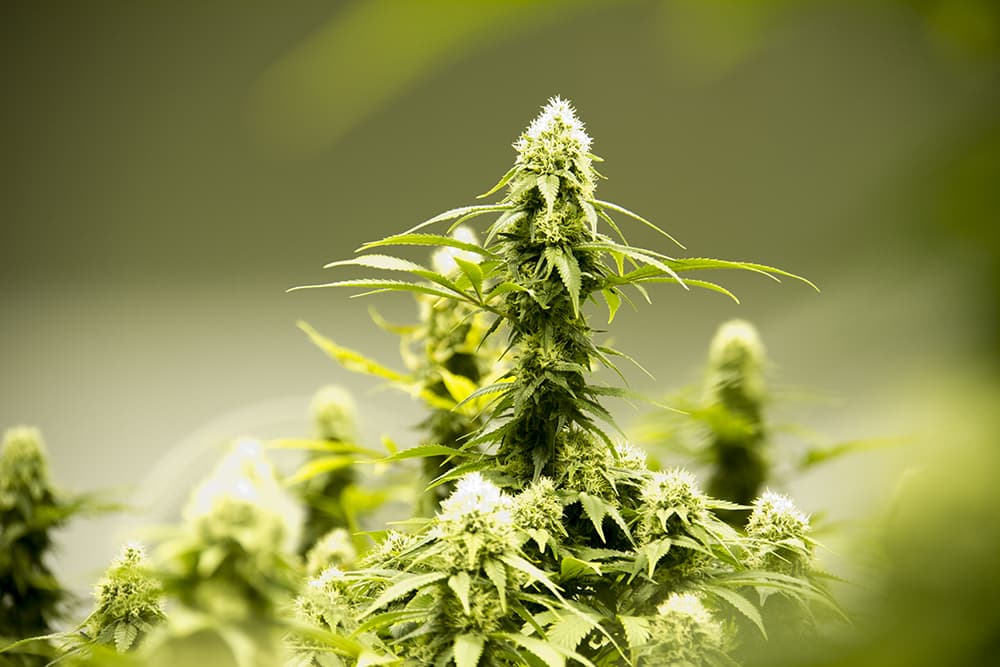
Jenkins said sticking point is getting through the building permitting process. Jenkins said the back and forth between the city and fire department made her consider giving up a few times.
Getting up to code has been an issue plaguing Tetra Lounge and the Patterson Inn. Escudero said those issues are out of Excise's control but Jenkins said the one saving grace from the program has been her navigator, Shannon. Jenkins added that if the program had more Shannons, more people may apply and have an easier time getting things done.
"Shannon completes our team," Jenkins said. "If I had Shannon from the beginning I would have no qualms with the program. Anytime we've gotten stuck, she's been our guide."
Though the department has no say on permitting, Escudero said the department of Economic Development & Opportunity offers an entrepreneurial assistance program for those wishing to get into the cannabis business.
DEDO partnered with The Color of Cannabis to host the Social Equity Technical Assistance Program, a 10-week class that touches on the history and politics of the industry, compliance, delivery, hospitality and marketing.
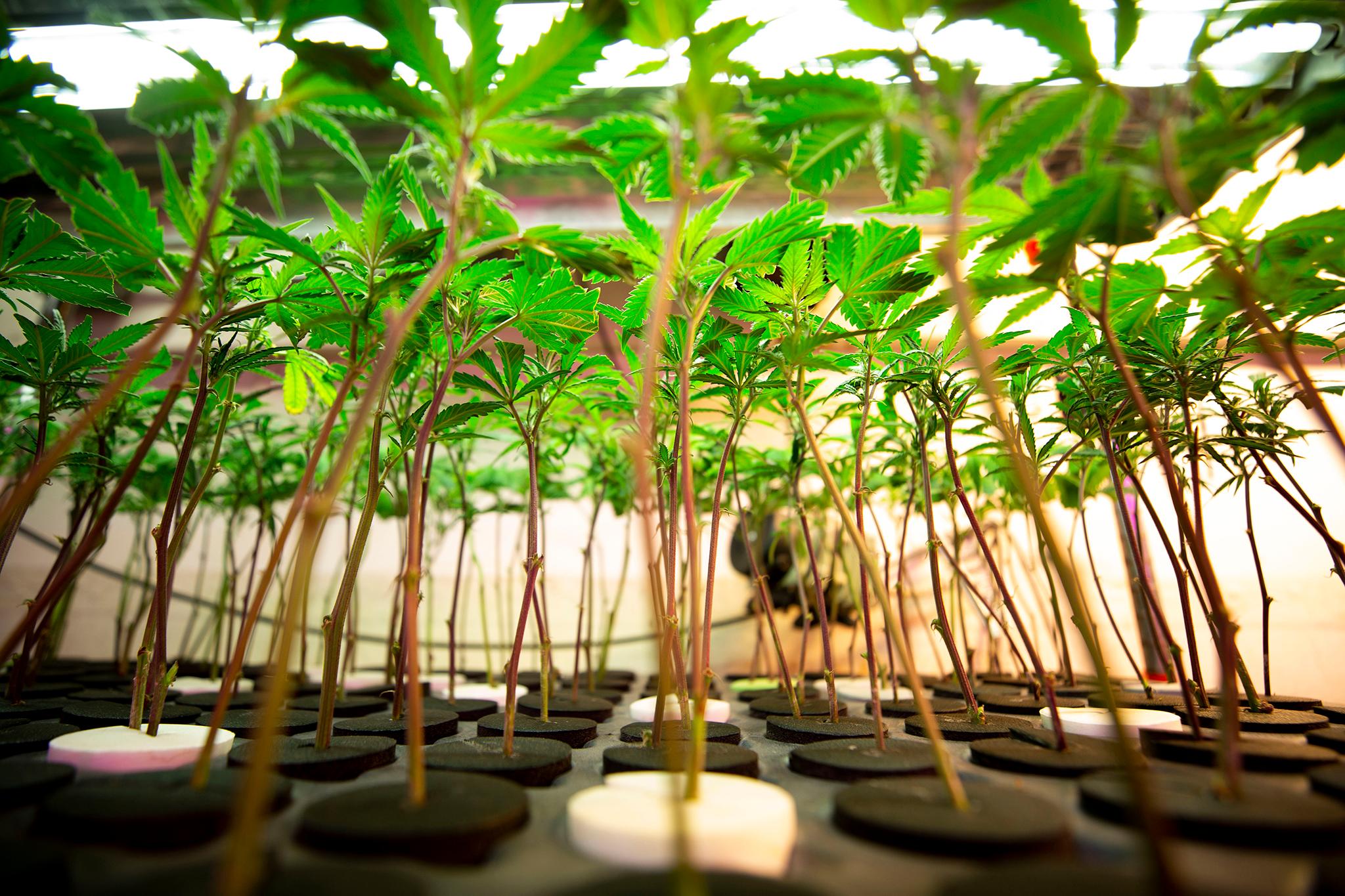
Escudero said programs like the Technical Assistance classes and the grants are just more ways the city is attempting to help social equity applicants.
Besides the red tape, Mr. Jenkins also said he wished the program focused on Black and brown applicants. It's a criticism others have had since the program carries an "equity" label. For example, the first delivery license was given to Ari Cohen, an immigrant from Israel.
Escudero said the program is not race-based and cannot be. He said other places have tried to limit applicants by race and have wound up delaying the program.
According to state data, 17.9% of marijuana businesses are owned by minorities, which is up from 15.2%.
Escudero said the city went by the state terms of what a social equity applicant looks like, and, as the program grows, the goal is to reach all people impacted by the War on Drugs.
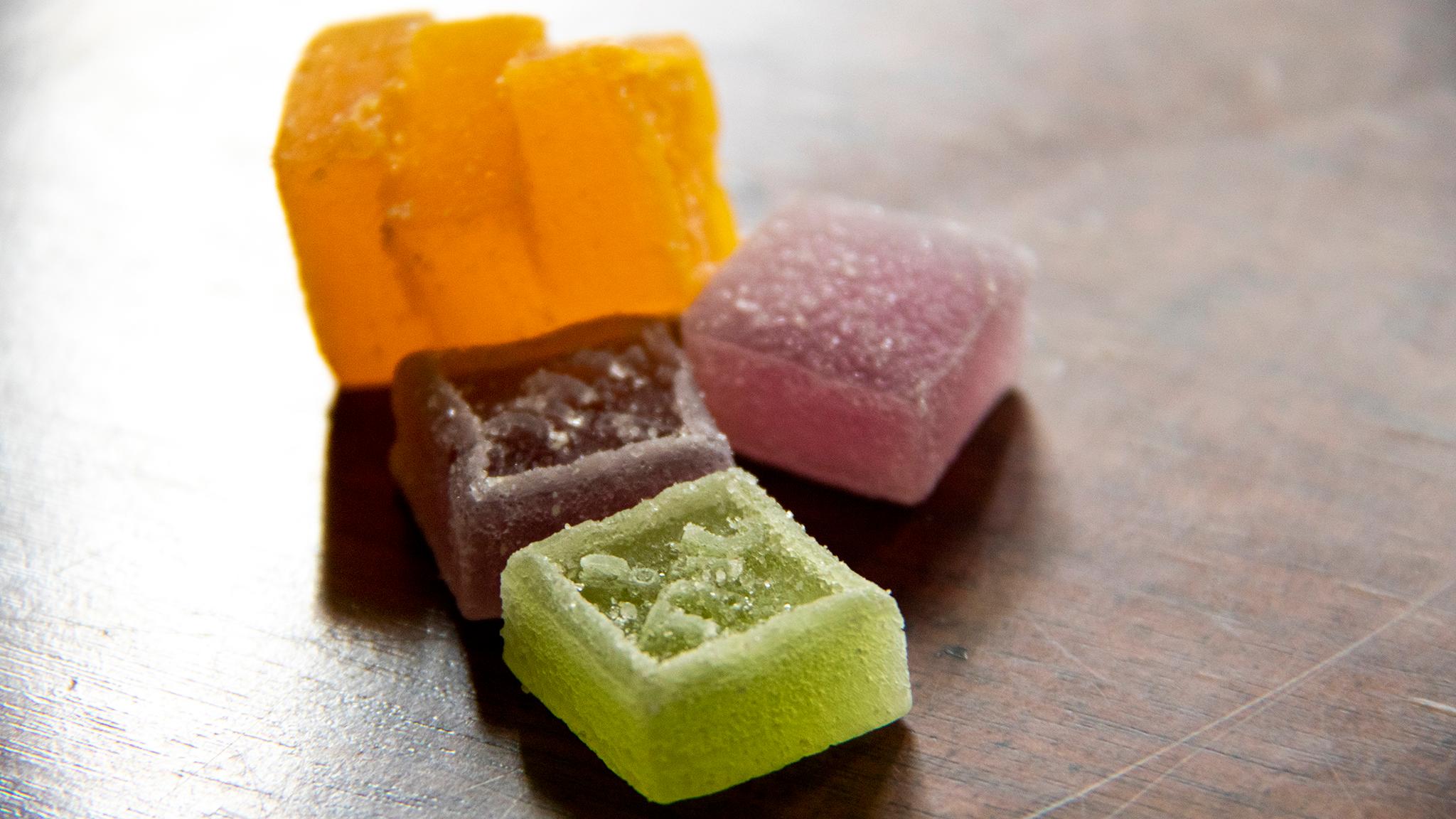
Jenkins said she hopes that the future does involve more Black and brown faces. She added that the program is still in an infant stage but as it progresses, the city should look into funding, better navigators and just continued to put everyone on equal standings.
That is the definition of equity, she said.
"My life was almost ruined before it got started and the same goes for many other Black and brown people," Jenkins said. "I want to get to a point where we can make a profit off this cause that's all we were trying to do anyways. Make a couple bucks and smoke a little pot. It's a life-changing program for a lot of people in my situation. But the follow through on it, it's not up to par yet. It's going to take them a minute. My advice to anyone trying this, do not give up.

